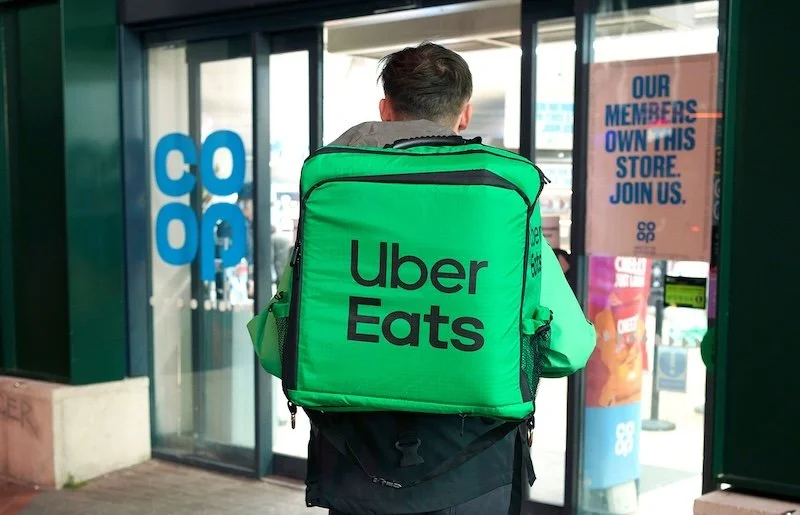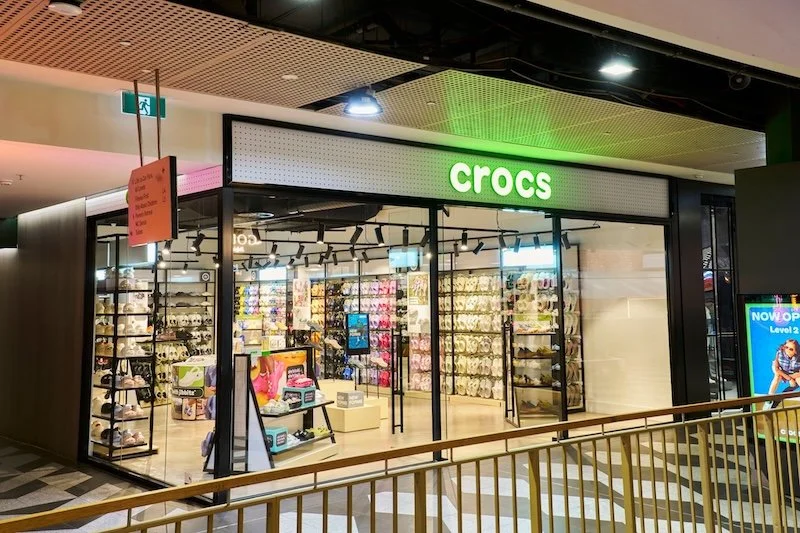2019: The year retail fights back
By Myles Dawson, UK Managing Director, Adyen
The UK’s retail and hospitality sectors have suffered through a difficult year. In 2019, they will fight back. We believe that technology and improved customer experiences will be the cornerstones of the renaissance.
Retailers unlock the full potential of unified commerce
In the new payments world of 2019, unified commerce is king. Rather than a source of competition for investment, retailers will start to see bricks and mortar and online as one unified channel.
Key to this is understanding the power of payments data that can unlock new revenue. Data consolidated from across channels enables retailers to create a clearer picture of their customers and build more compelling loyalty offers or personalised shopping programmes. For example, using unified payments data, retailers can find customers that haven’t shopped with them for a while and apply the right initiatives to entice them back.
That’s not all. Payments data can also help retailers understand their loyal customers’ channel preference, average transaction value and shopping frequency, helping to optimise retargeting efforts.
Hospitality goes big on tech
With the rise of challenger brands and food delivery companies that offer a ‘luxury dining’ feeling for people in the comfort of their own homes, the hospitality and quick service restaurant (QSR) sectors have had their own challenges. This will only continue into 2019.
The race is now on for businesses in these markets to introduce new innovations that cut waiting times, but which still cater to consumers who are hungry for a seamless, high quality service.
Against this backdrop, there are a lot of exciting innovations emerging in the QSR industry to make the dining experience better than ever. For example, chatbots will allow customers to pay at the table at their convenience, without having to wait for a waiter, a card machine or change. This type of technology looks set to boom in the coming months.
Open Banking creates new customer experiences
As more sections of the European Union’s Payment Service Directive 2 (PSD2) come into effect, the Open Banking movement will start to take hold. Open Banking is one of the biggest shake ups in the banking sector for a generation, and the rest of the world is watching to see what they can learn.
New developments will give individuals and organisations the opportunity to securely share their financial data with registered third parties, giving consumers better insights into spending habits, regular payments and companies they spend with. By providing permission to use their data, consumers are also given access to better products, services and prices, aimed at improving their experience and making providers work harder to attract their custom.
This also enables completely new customer journeys and payment methods based on more intelligent use of data.
Innovation makes fraud prevention more customer friendly
Adyen’s research shows that fraud is on the rise, with 60% of retailers experiencing an increase in fraudulent activity in the past year. Previously, some security measures such as 3D Secure (3DS) have not been consumer-friendly, but that will change for the better in 2019. 3DS 2.0, which will be implemented widely in the coming months, will help improve both fraud prevention and customer experience
Thanks to new APIs created under PSD2, payment providers will be able to run fraud checks in the background as customers complete their purchase, creating a seamless payment experience. Transactions that require strong authentication will be streamlined, so customers can confirm their purchase using biometrics such as fingerprint recognition, voice recognition or facial scans, as well as SMS-delivered two-factor authentication.










Continue reading…